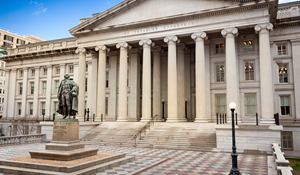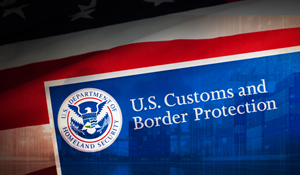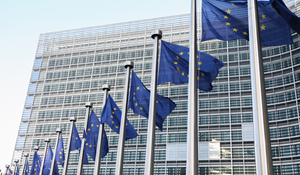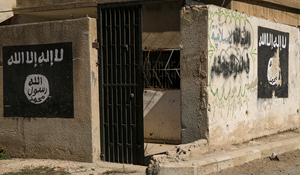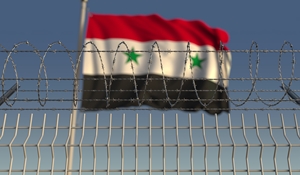By Samuel Rubenfeld
November 24, 2021
The U.S. Treasury Department on Wednesday announced an expansion of authorized nonprofit activity in Syria to ensure the continued provision of humanitarian assistance.
The expansion takes effect Friday, the Treasury said. It follows the Treasury’s recent sanctions review, which highlighted the need to examine existing authorities for facilitating humanitarian activity while denying support to malicious actors, the department said in a statement.
“The U.S. government prioritizes expanding humanitarian access throughout Syria to alleviate the suffering of the Syrian people, who continue to face armed conflict, food insecurity, and the COVID-19 pandemic,” said Andrea Gacki, director of the Treasury’s Office of Foreign Assets Control (OFAC). “The United States continues to focus on deterring the malign activities of Bashar al-Assad, his regime, cronies and foreign enablers, as well as terrorist groups, including by limiting their ability to access the international financial system and global supply chains.”
OFAC amended the nonprofit general license under the Syria sanctions regulations to allow new investment, the purchase of Syrian-origin refined petroleum products for domestic use and certain transactions with elements of the Syrian government, the Treasury said.
The new transactions are authorized only in support of existing nonprofit activities such as humanitarian projects for basic human needs, democracy building, education projects, non-commercial development and activities necessary for preserving cultural heritage sites.
U.S. financial institutions are allowed to process funds transfers to support the authorized activity, the Treasury said. Foreign nonprofits and financial institutions aren’t subject to secondary sanctions for facilitating these transactions, according to the Treasury’s guidance.
Early recovery-related transactions and activities by nonprofits are also allowed under the new license, including the provision of healthcare and health-related services; educational support and training; agricultural services; and shelter and clean water assistance, the guidance said.
The U.S. has imposed wide sanctions on Syria’s leader and those around him amid the decade-long civil war, including this summer when focusing on human rights abuses. OFAC also recommended those interested in providing humanitarian assistance to Syria to use its longstanding sanctions exemptions, adding that it stands ready to provide help and guidance.
“The U.S. remains committed to ensuring that humanitarian assistance from the international community, including early-recovery-related humanitarian activities, reaches Syrian civilians,” Gacki said.


